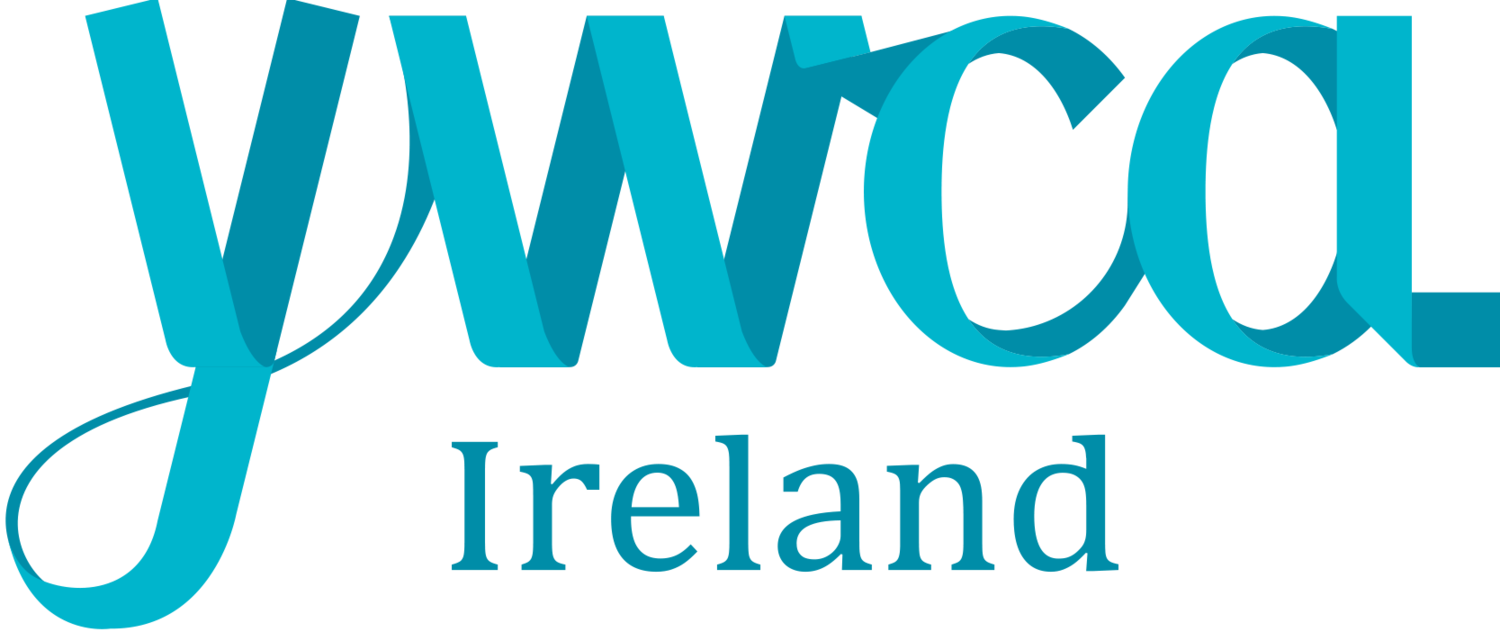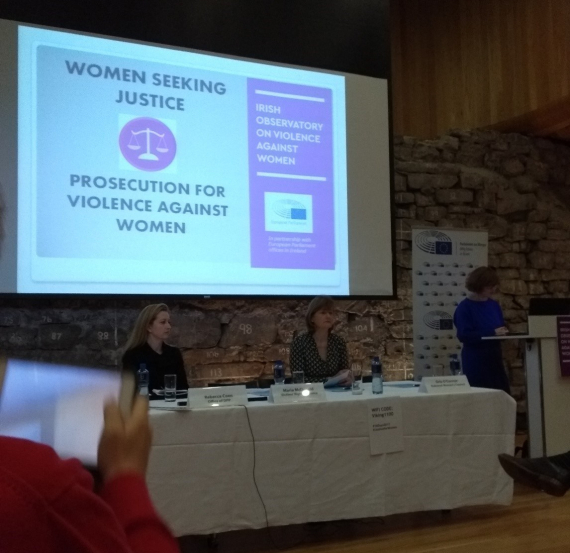Over the course of one week in December, I attended not one, but two events relating to violence against women in conjunction with the 16 days of activism against gender based violence (GBV). I wish events like this were not necessary and that this problem were already solved. However, it is not, and therefore events like this are necessary to bring the problem of GBV to the fore, so successes can be highlighted, and problems solved. I had the pleasure of learning from a range of speakers and hearing from people experienced in this field throughout both events.
The first event was on the 8th December two RAs and two staff from the YWCA had the pleasure of attending The Istanbul Convention, Women Seeking Justice: Prosecution for Violence Against Women event organized by the European Parliament and the Irish Observatory on Violence Against Women.
This consisted of speakers and a panel with questions and answers. This event focused on strengthening laws to send the message that GBV is not acceptable; however, it is understood that while strong legislation is critical, it is only one part of the solution. One of the biggest challenges identified was getting women to realise that what may be happening to them is a crime. Another challenge discussed was the difference between prosecutions of assault in public and private places with Gardai having different powers in each of these circumstances.
The speakers stated the need to learn from other countries who deal better with these issues, such as Scotland. Additionally, women need to be aware of their rights and all women need targeted, including those who are illiterate, non-residents etc; therefore, the information given to women needs to be in a format that all can understand. Some small improvements were suggested such as a simpler leaflet being created by the Gardai to direct women to services, as well as the shortening of the legal and court process to reduce the mental, physical, and emotional stress it currently presents.
The second event was on the 13th December in Trinity College Dublin and was titled ‘Reducing and preventing gender based violence: how can we improve programme design?’. This event was organised by Christian Aid Ireland to look at different policy approaches to development and to understand how these can be more effective at interventions against and preventing GBV.
“Violence is an impediment to development”
Violence is an impediment to development – this was a statement made in the opening remarks and is one with which few could argue. Looking at the local and global spheres, violence breeds inequality and hinders progress economically or socially within a country or community. It was discussed how any kind of social exclusion needs to be combated to reduce gender inequalities. Key principles and lessons from research in different communities was discussed to provide a basis for researchers and policy-makers in the room to build on. The importance of interventions being survivor and community-led, as well as holistic and context-specific was outlined. No one solution will fit all scenarios but instead the individuals impacted need included in the process of reducing GBV for any improvement in gender equality to be successful.
Both events challenged and interested me especially because I am studying for my Masters in Development Practice. Gender equality and reducing GBV are things I am passionate about and form a basis of some of my course studies particularly for modules such as like Gender and Development which I will be studying next term. The importance of safe spaces when dealing with survivors was discussed, particularly in the second event, and this is something that the YWCA focuses on within its mission and values and this encouraged me in the key role that the YWCA has in combating GBV and improving gender equality in Ireland and abroad.


